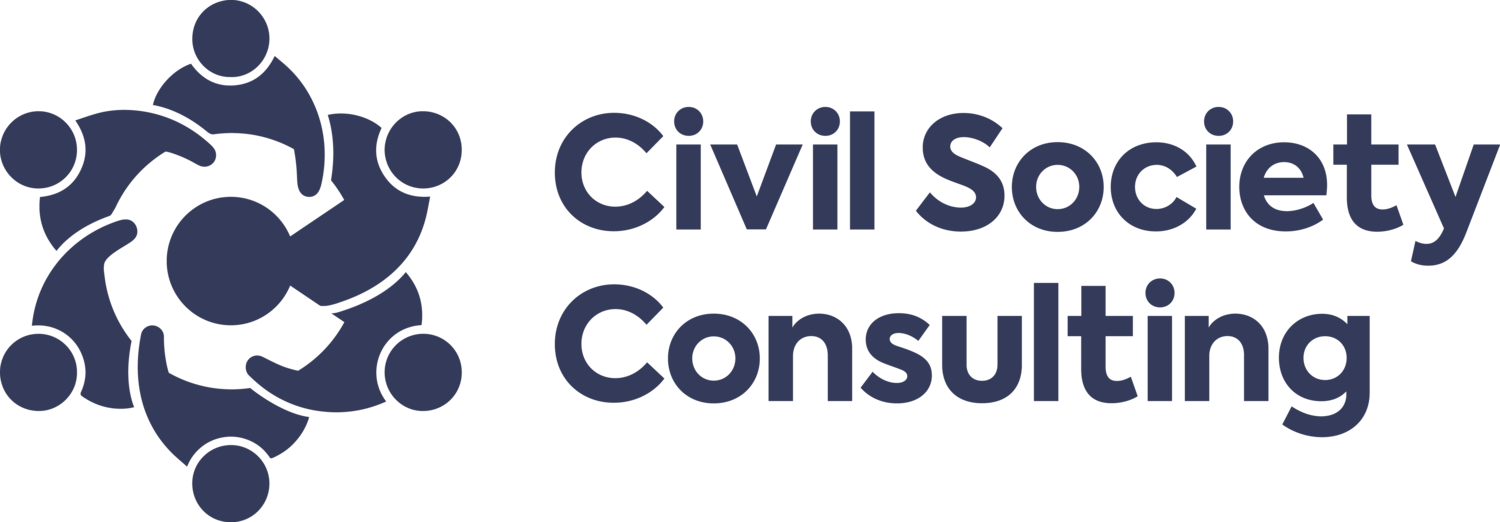Steps to Sustainability: 6 months on
Six months after launching our ‘Steps to Sustainability‘ initiative, we’ve delivered incubator-style support to over 130 ethnic minority-led faith and civil society organisations.
The “S2S” programme sought to support struggling organisations through the pandemic. To do so, we provided each organisation with a one-on-one information and advice session, with one day of follow-up support in order to help implement the identified actions. In addition to individual support, we also organised small webinars hosted by specialists to offer guidance and training on income generation strategies, social media and communication strategies, and organisational governance.
Looking back on our work, we’ve published our report reflecting on the impact and learning from the delivery of Steps to Sustainability. Below are some of the highlight:
67% of organisations who completed our feedback survey answered that they felt their organisation has received “excellent” support.
100% of organisations agreed that the number of vulnerable people they support has increased as a result of Steps to Sustainability.
From the income-generation webinars, 88% of attendees believed that the webinar will support them to progress their income generation strategy
Some case studies
With the help of S2S, Early Years Cocoon, a non-profit organisation (CIC) that supports families with young children in Barking and Dagenham, was able to secure £50,000 of development funding from the National Lottery.
Ubuntu Multicultural Centre CIC currently provides emergency food support for BAME communities in Middlesbrough. With the help of S2S, the organisation successfully received £10,000 of National Lottery funding.
Sew London Project provides vocational training to help ex-offenders, women, and young people from disadvantaged backgrounds gain employment within the creative, textile and apparel industries. We assisted them to design a fresh new logo, develop their equality and diversity policy, and provided an evaluation report for their Black History Month online event
Watch Kemi Oloyede, Founder and Creative Director of The Sew London Project, talk about her experience of Steps to Sustainability
Learning & takeaways – what worked well
Organisations supported have indicated that writing assistance has been particularly helpful, as many have little capacity for writing, are not used to writing in a style attractive to funders, or do not speak English as their first language.
The income generation webinars were well attended and received positive feedback. Organisations were given the chance to develop a personal relationship with members of local grant organisations, helping pave the way for future funding success.
Samia Farid, Chair and Founder of Supporting Sisters, shares her experience of Steps to Sustainability
What areas can be improved on?
CSC set out to offer eight hours of one-to-one S2S support to each organisation, but this was often not enough time to make a meaningful impact on their resilience. Even when CSC ran over time, advisors reported feeling that further support would have benefitted. Steps to Sustainability has evolved into our Steps to Recovery programme, which gives organisations up to four days follow-up support (see below).
Some organisations were heavily in demand and under-staffed. This meant that they were unable to put as much time into the co-production process and thus unable to reap the full benefits of the scheme
Since March 2021, we are providing re-booted a programme of support under ‘Steps to Recovery’. Read about it here.
Read our Steps to Sustainability impact report: Achievements, Impact & Learning: Delivering STEPS TO SUSTAINABILITY
